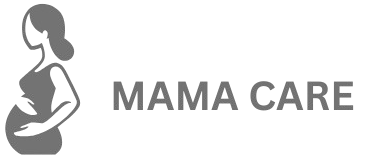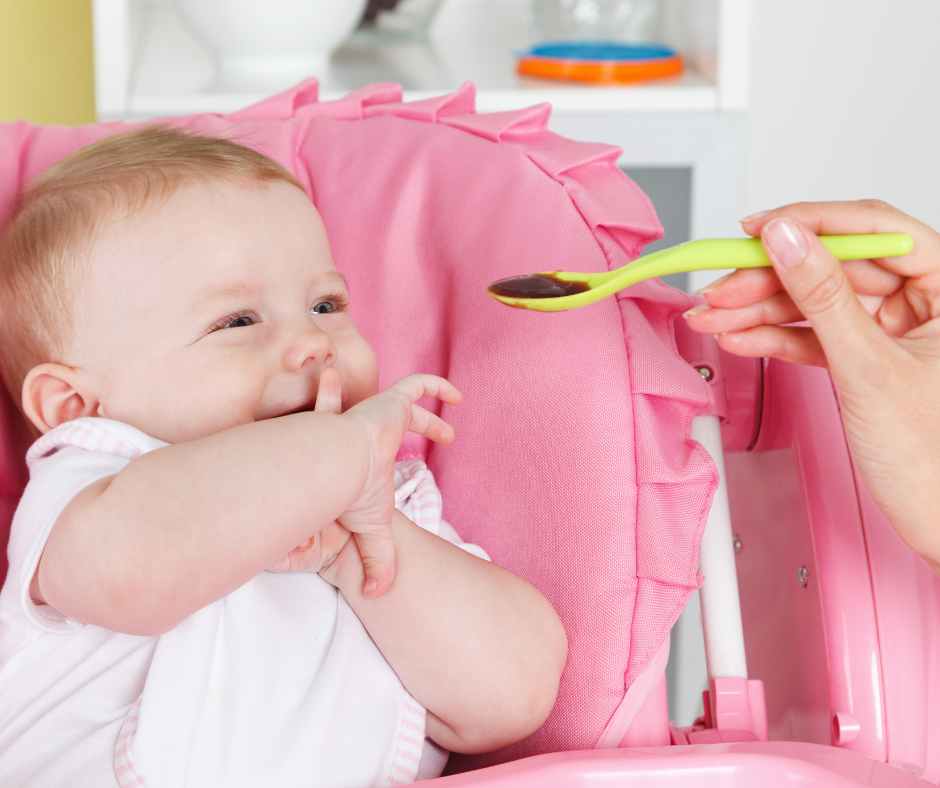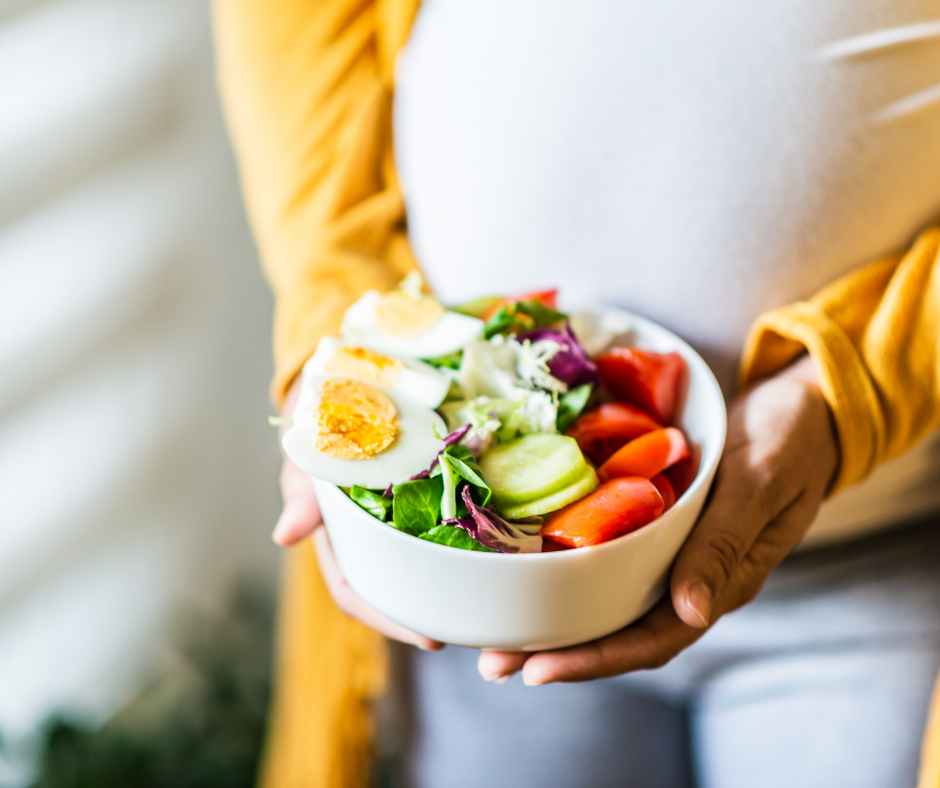Choosing how to feed your baby during the weaning phase is a big decision. One of the most common questions parents face is whether to make homemade baby food or buy store-bought options. Both approaches have their pros and cons when it comes to cost, nutrition, convenience, and safety. This guide will help you make …
Choosing how to feed your baby during the weaning phase is a big decision. One of the most common questions parents face is whether to make homemade baby food or buy store-bought options. Both approaches have their pros and cons when it comes to cost, nutrition, convenience, and safety. This guide will help you make an informed choice based on what works best for your baby and your lifestyle.
Nutrition: What’s in the Spoon?
Homemade Baby Food:
You have full control over ingredients, freshness, and texture.
No added preservatives, salt, or sugar.
Allows more flexibility to introduce herbs, spices, and diverse foods early on.
Store-Bought Baby Food:
Commercial options are regulated and nutritionally balanced.
Fortified with key nutrients like iron and vitamin D.
Some varieties may contain added sugar, fillers, or overly smooth textures that delay oral development.
Verdict: Homemade food gives you more customization and freshness, while store-bought is standardized and often fortified.
Cost: Budget-Friendly or Bust?
Homemade Baby Food:
Usually more affordable in the long run.
You can batch-cook and freeze for later use.
Store-Bought Baby Food:
Can get expensive, especially organic or specialty brands.
Single-serving jars or pouches may cost more per portion.
Verdict: Homemade is more cost-effective if you have time and storage space.
Convenience: Time is a Factor
Homemade Baby Food:
Requires planning, preparation, and cleanup.
Can be made in large batches and stored.
Store-Bought Baby Food:
Ready-to-eat and ideal for travel or busy days.
Shelf-stable and doesn’t require refrigeration before opening.
Verdict: Store-bought wins on convenience, especially for working parents or travel days.
Safety: Clean and Trustworthy?
Homemade Baby Food:
You choose the quality of produce and hygiene standards.
Must be stored and reheated safely to avoid bacteria growth.
Store-Bought Baby Food:
Subject to strict manufacturing regulations.
Recent reports have raised concerns about heavy metals in some baby food brands.
Verdict: Both can be safe with proper care—homemade requires careful prep; store-bought demands smart label reading.
Final Thoughts: Which Is Better?
There’s no one-size-fits-all answer. The “better” option depends on your priorities:
- Choose homemade if you want full control, save money, and enjoy cooking.
- Choose store-bought for convenience, travel, and fortified nutrition.
Many families find that a combination works best—homemade at home, store-bought on the go. What matters most is that your baby is fed with love, care, and nutrition in mind.






